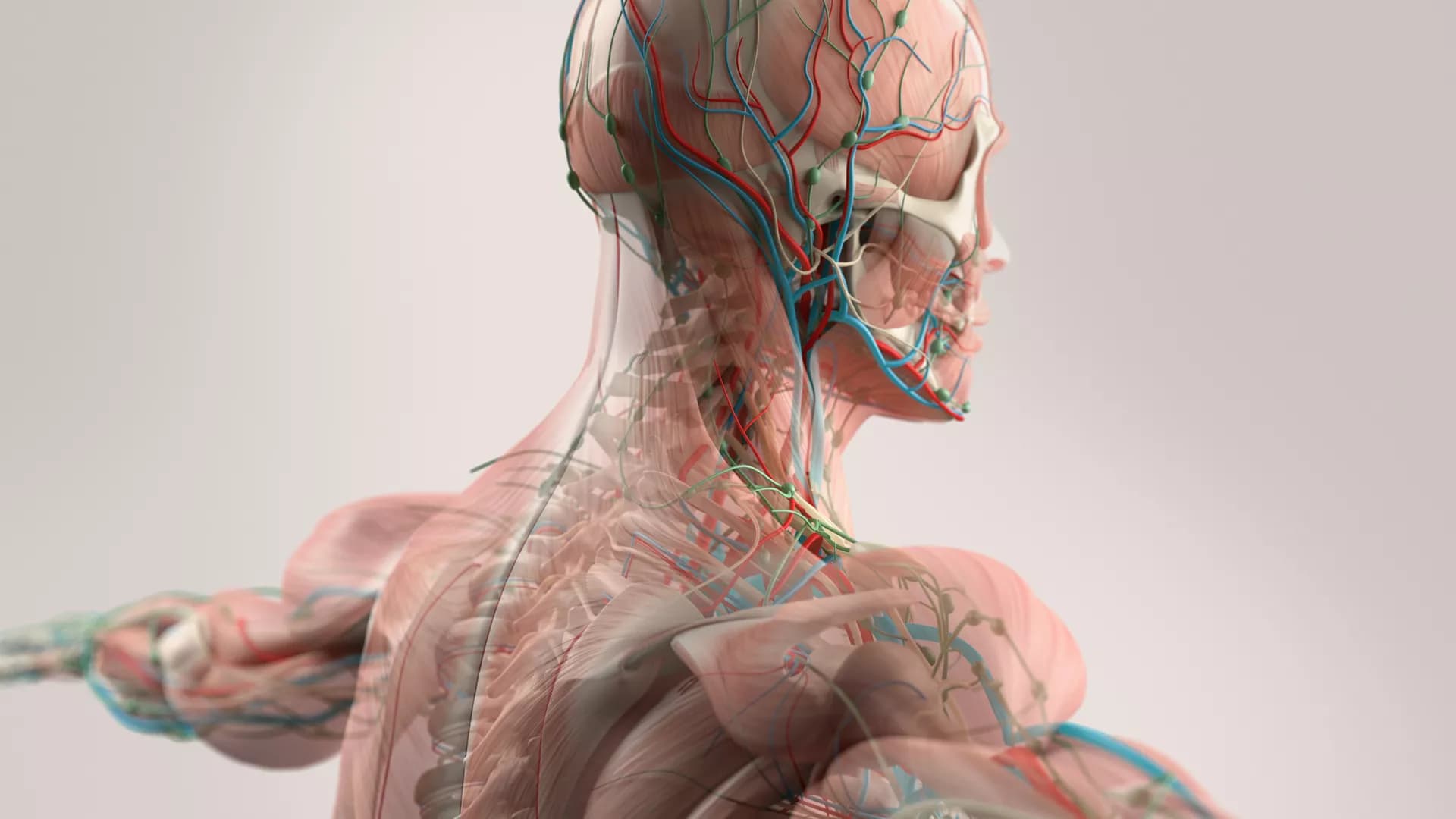β-glucan is considered as an effective immunostimulant because of its binding capacity to different receptors on leukocytes leading to the stimulation of immune responses including bactericidal activity, cytokine productivity, and survival fit ability at cellular levels. In response to immune cell surface receptors, β-glucan stimulates to release cytokines and chemokines. It has been found that these signaling proteins eventually stimulate the immunocompetent cells in fish such as monocytes, macrophages, and neutrophils for killing pathogens by phagocytosis, oxidative burst, and cytotoxic killing activities. They also procreate immunological memories and specific antibodies through activation of T and B lymphocytes. Researchers have proved that β-glucan can modulate some important biochemical (serum hemoglobin, serum protein, and total hemocyte count) and immunological (lysozyme activity, phagocytic activity, oxidative burst activity, and phenoloxidase activity) properties providing more competent immune profile for treating fish and aquatic organisms. β-glucan-supplemented fish showed limited sensitivity of genes involved in acute inflammatory reactions. Findings have shown that β-glucan exerts a positive impact on fish and aquatic organisms’ immunity, enhancing their disease resistance by increasing functional and decreasing deleterious responses. This review focuses on the basic bump of β-glucan on fish and shellfish immunity and recent information on the uses of β-glucan in progressive aquaculture.
Editors
5
Impact
Loading...
Review
15 July 2022
β-Glucan: Mode of Action and Its Uses in Fish Immunomodulation
Md Hadiuzzaman
, 4 more and
Zakir Hossain
Review
05 September 2022
Lei Wang
, 5 more and
Yunzhi Yan
2,315 views
4 citations
Original Research
11 July 2022
Peng Tan
, 6 more and
Dongdong Xu
2,937 views
8 citations
Original Research
09 June 2022
Xiaoxue Bao
, 6 more and
Ning Duan
2,165 views
11 citations
3,447 views
15 citations
Original Research
17 May 2022
Shengpeng Wang
, 3 more and
Tailiang Liu
1,394 views
3 citations
Original Research
19 April 2022
Yudong Zheng
, 5 more and
Shuang Zhang
2,621 views
9 citations
Original Research
13 April 2022
Xu Chen
, 2 more and
Wei Zhao
2,949 views
14 citations
Original Research
05 April 2022
Jingru Yang
, 2 more and
Zhenhua Ma
2,646 views
14 citations
Original Research
13 December 2021
HaoHang Fang
, 4 more and
Jin Niu
3,161 views
10 citations
Original Research
11 March 2022
Zhihong Liao
, 8 more and
Jin Niu
3,042 views
8 citations
Review
09 February 2022
Thomas Larsen
, 1 more and
Alex H. L. Wan
2,845 views
8 citations
Original Research
12 April 2022
Jia Xu
, 6 more and
Beiping Tan
2,267 views
6 citations
Recommended Research Topics









